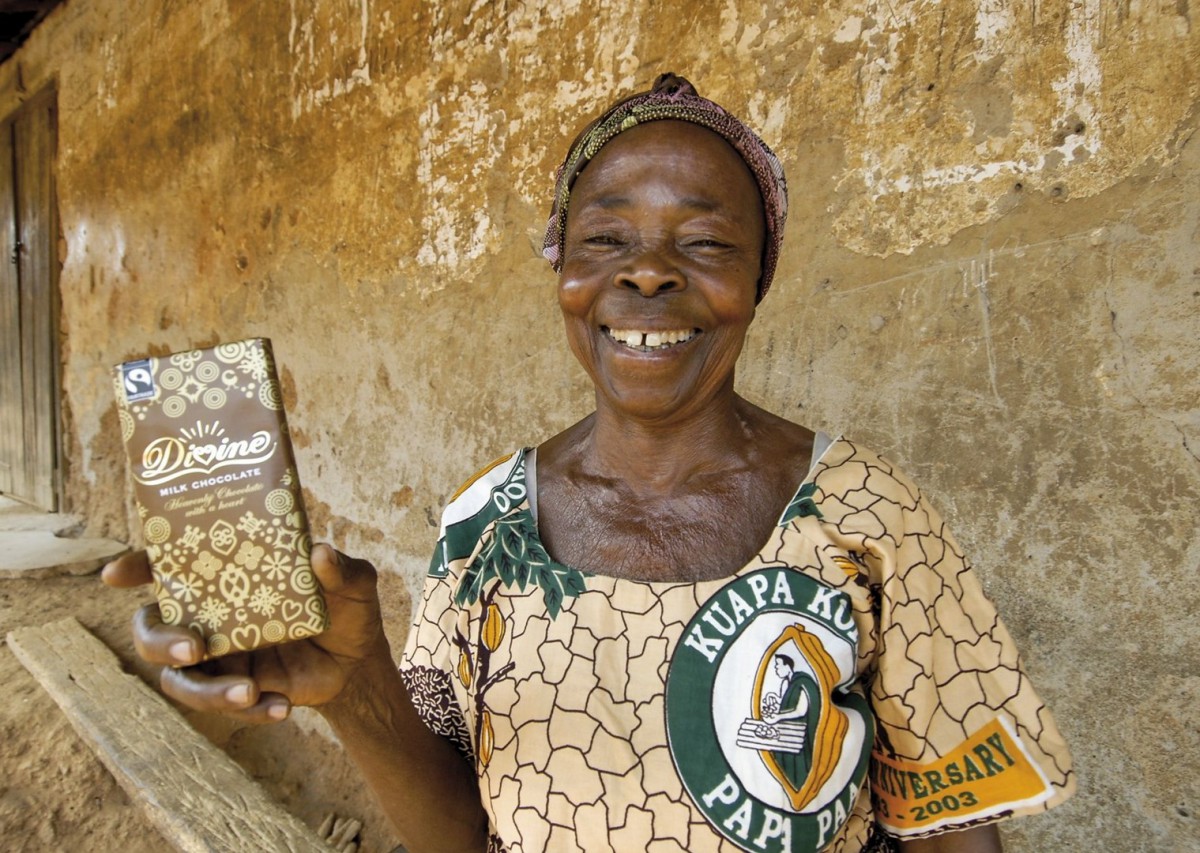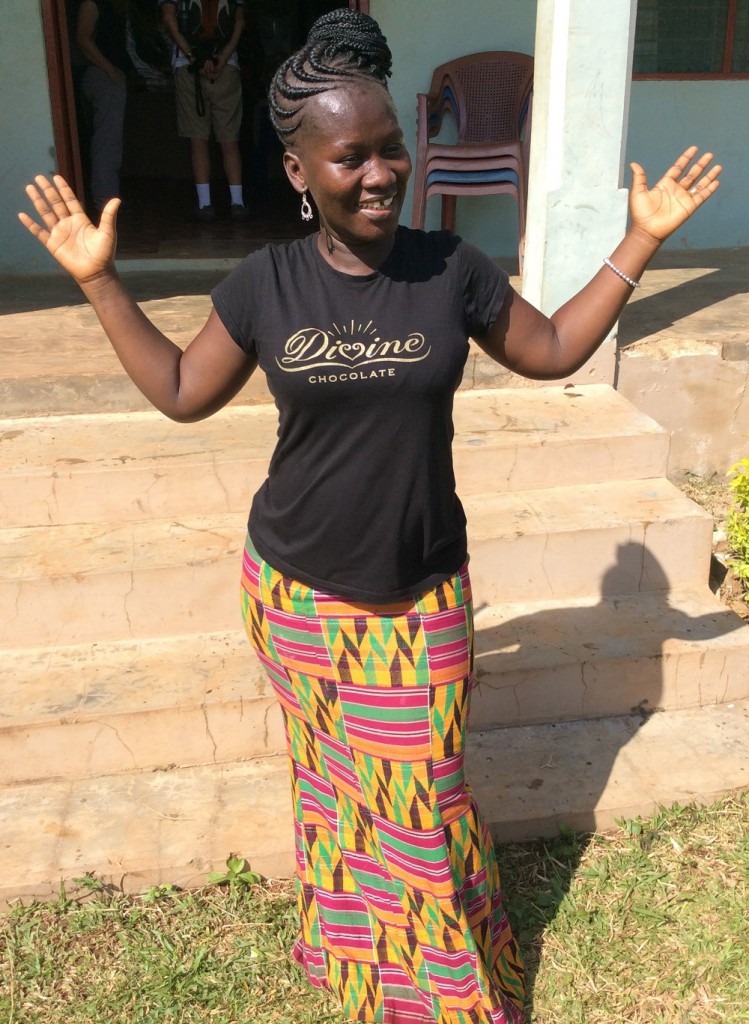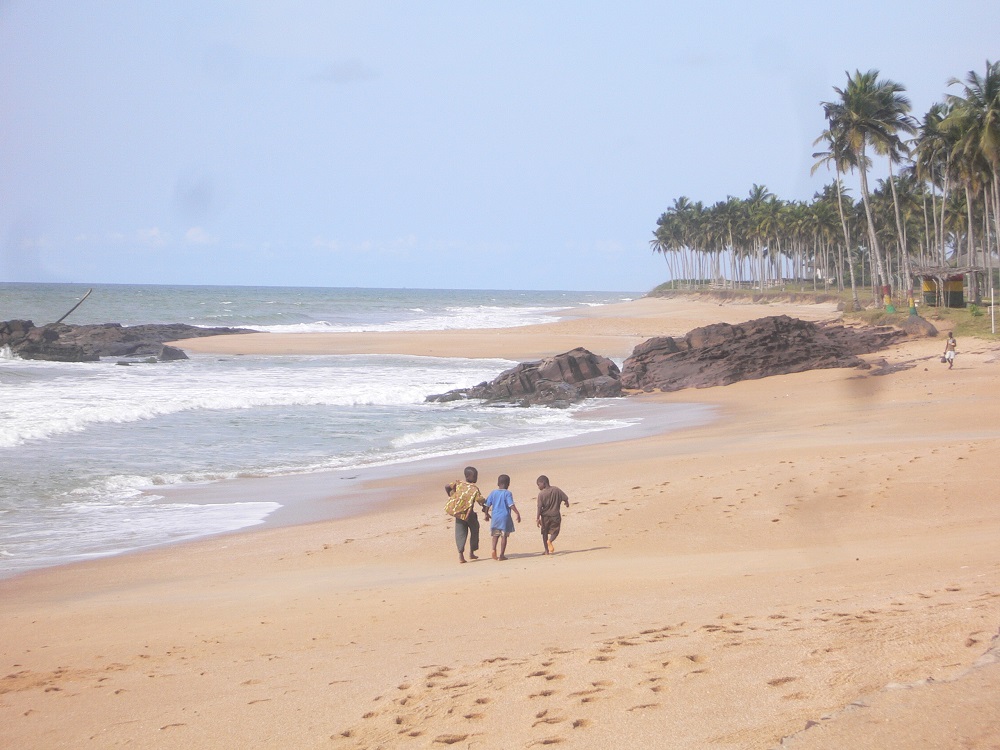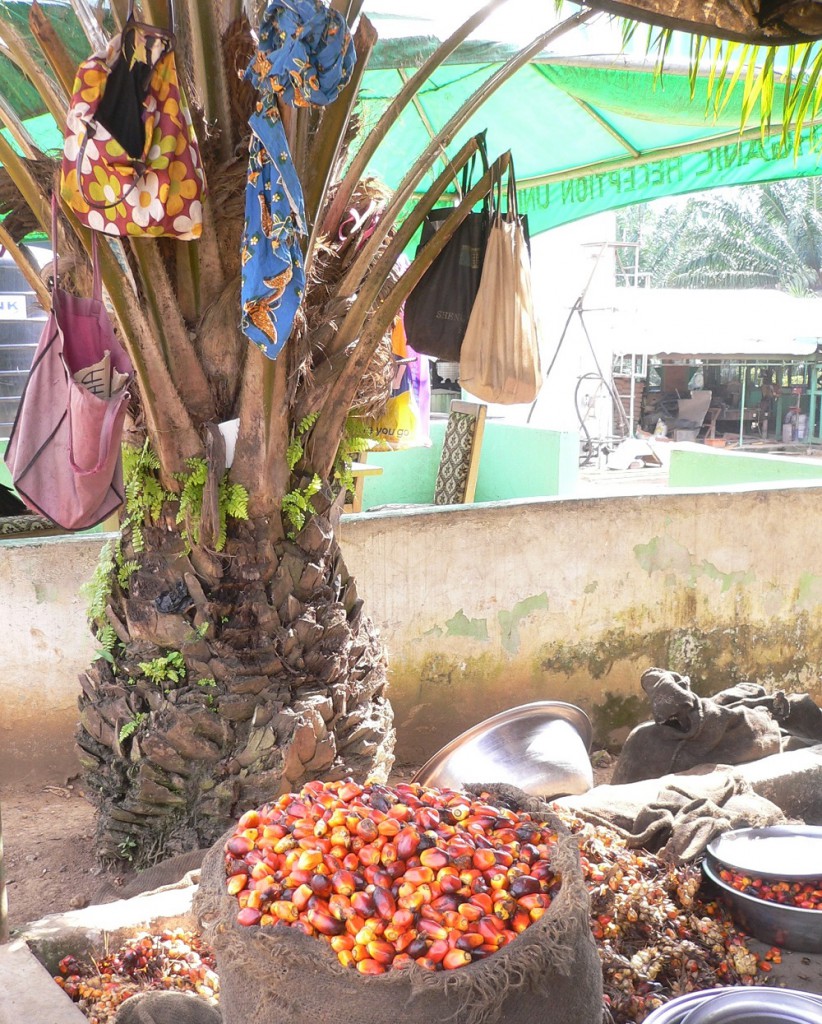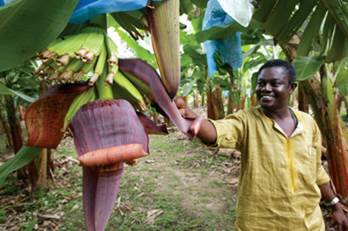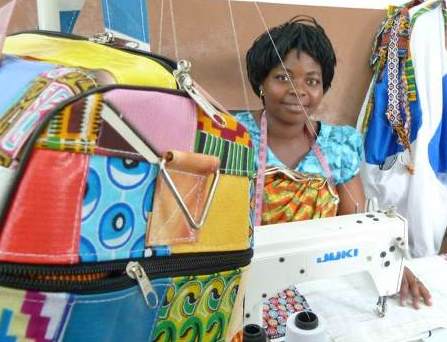We all love our morning coffee. But less of us know how it got from the bean into our cups. If you’d like to learn a little bit more about exactly where some of your favourite fair trade coffees originate, join us on a Meet the People Tour to northern Malawi, to meet some of the farmers who harvest the coffee beans for Traidcraft’s delicious coffee.
Mzuzu Coffee Planters Cooperative Union Limited (MCPCU), spread across Northern and Central Malawi, have been harvesting coffee since the early 1930s. Pioneering in its field, Mzuzu’s focus is on its farmers and sustainability. Mzuzu farmers are offered training on sustainable agricultural techniques, quality and processing, and are even provided with microfinance loans to buy seeds. Mzuzu also owns a coffee shop, Coffee Den, which provides an internet service and sells coffee and souvenirs, and Coffee Suites, a guest house in town which brings a lot of business to the area.
Unlike any other cooperative in the area, Mzuzu also runs a “Women in Coffee” programme, implemented to empower women farmers and increase their personal income by selling coffee grown by women to buyers all over the world. As a result, there are over 650 female farmers across the six cooperatives! This is drastically more than regular plantations in the area, who aren’t part of the Union.
It is at this point in our journey that we head to the hills of Malawi’s Rumphi district, to meet Martha Mhango. Martha started out as a coffee farmer in Phoka Coffee Cooperative, one of the Union’s six cooperatives, and since 2016 has been the elected Chairperson of Nkhonthwa zone.
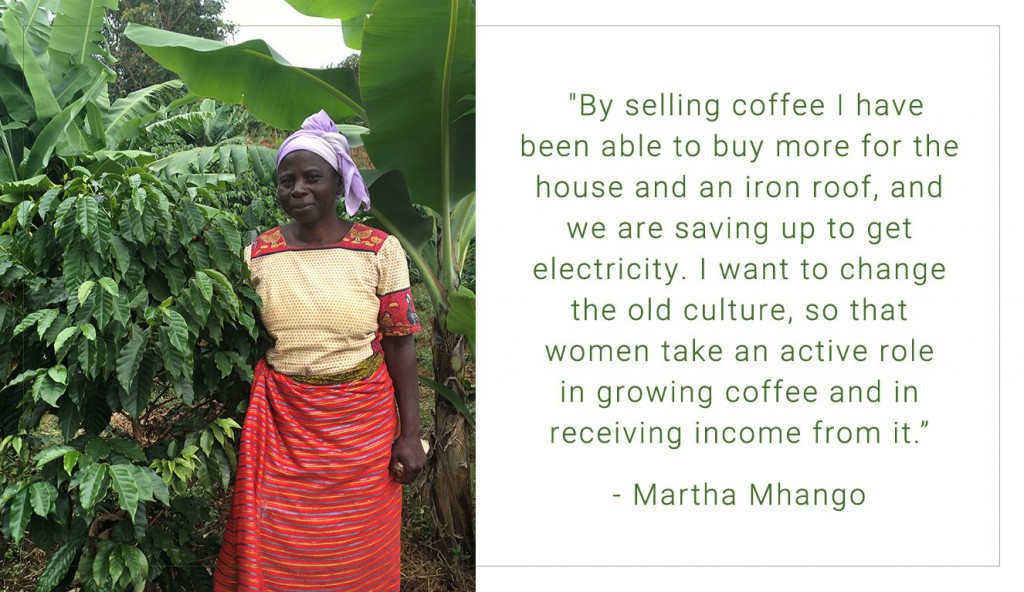 Martha is a huge advocate for the Union’s “Women in Coffee” programme, as she has been able to provide for her family in a similar way that a man in her community can.
Martha is a huge advocate for the Union’s “Women in Coffee” programme, as she has been able to provide for her family in a similar way that a man in her community can.
The fair trade premium that women like Martha receive is split into two. Half goes to the ‘zone’ for community development, for the likes of coffee washing stations, bridges and teachers’ houses, and the other half goes directly to the farmer herself.
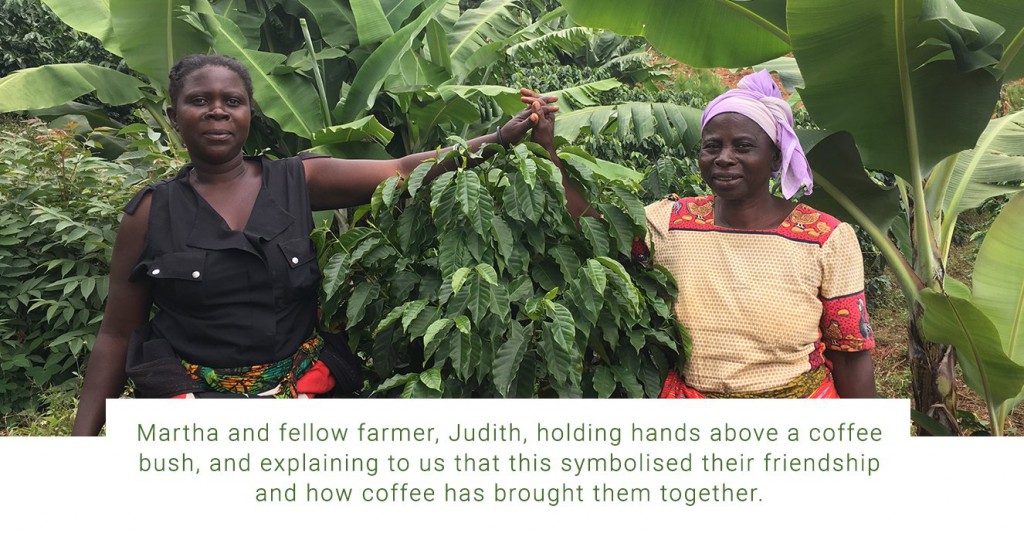
Another great thing about the Mzuzu’s is that the waste biproducts from the coffee production comes back to the farmers to use as a fertiliser, minimising waste and helping increase yields in following years.
With the help of the Union, Martha’s farm’s vision for the future is to have solar energy and water in their primary school, and to develop netball and football facilities.
If you’re inspired by Martha’s story and would like the opportunity to meet farmers just like her, and hear their stories for yourself, why not secure your place on our Meet the People tour in Malawi? Alternatively, you can get involved with people like Martha from the comfort of your own front room, by choosing Traidcraft’s Fairtrade coffee, cultivated by farmers who are treated with respect and paid fairly, throughout the developing world.

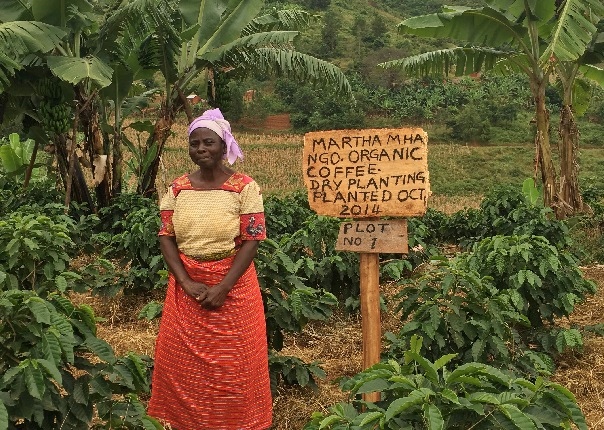
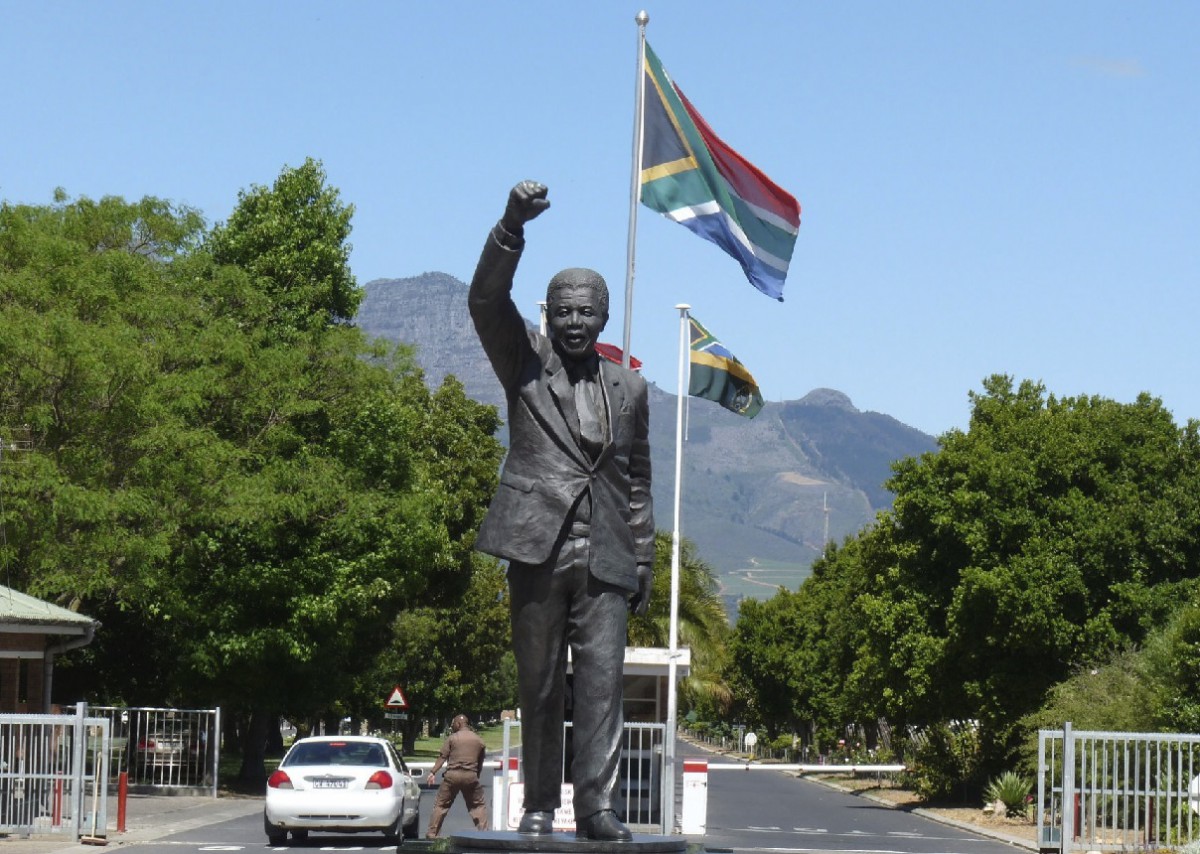
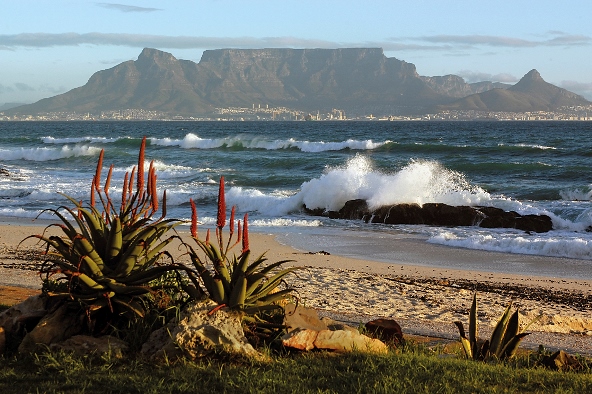 Our 14 day tour begins with a memorable visit to Robben Island, one of the Cape Peninsula’s World Heritage Sites, to visit the prison where Nelson Mandela was kept for 18 years. During the visit we understand why the island is described as the unique symbol of the triumph of the human spirit over adversity, suffering and injustice, as our guide for the afternoon, a former political prisoner, provides a personal insight into what life was like in the prison.
Our 14 day tour begins with a memorable visit to Robben Island, one of the Cape Peninsula’s World Heritage Sites, to visit the prison where Nelson Mandela was kept for 18 years. During the visit we understand why the island is described as the unique symbol of the triumph of the human spirit over adversity, suffering and injustice, as our guide for the afternoon, a former political prisoner, provides a personal insight into what life was like in the prison.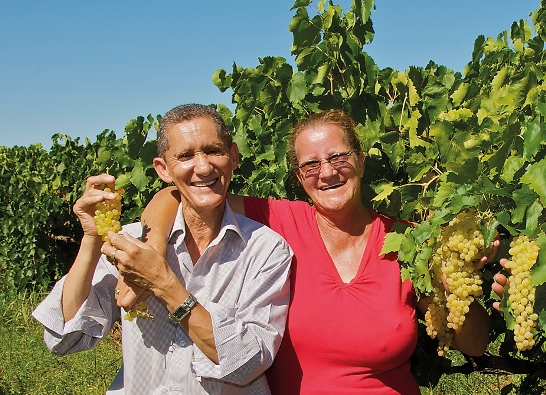 Along the way we also visit the botanical gardens at Kirstenbosch with its unique flora, the famous wine producing area around Stellenbosch, and of course, Table Mountain itself. A visit with a local guide to a township and a children’s HIV/AIDS project also highlight the realities of some people’s lives in this part of South Africa.
Along the way we also visit the botanical gardens at Kirstenbosch with its unique flora, the famous wine producing area around Stellenbosch, and of course, Table Mountain itself. A visit with a local guide to a township and a children’s HIV/AIDS project also highlight the realities of some people’s lives in this part of South Africa.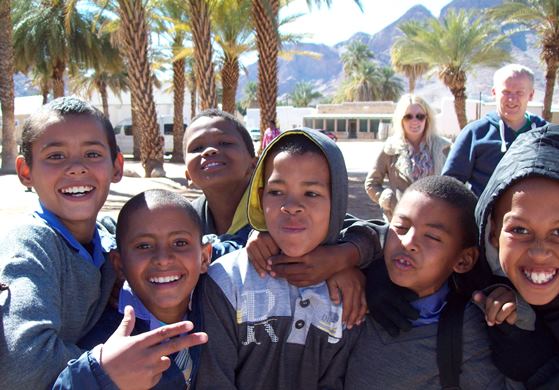 This holiday is perfect for anyone interested in fair trade looking for an opportunity to meet the people behind the products and see the impact of fair trade. For more information on our holiday
This holiday is perfect for anyone interested in fair trade looking for an opportunity to meet the people behind the products and see the impact of fair trade. For more information on our holiday 